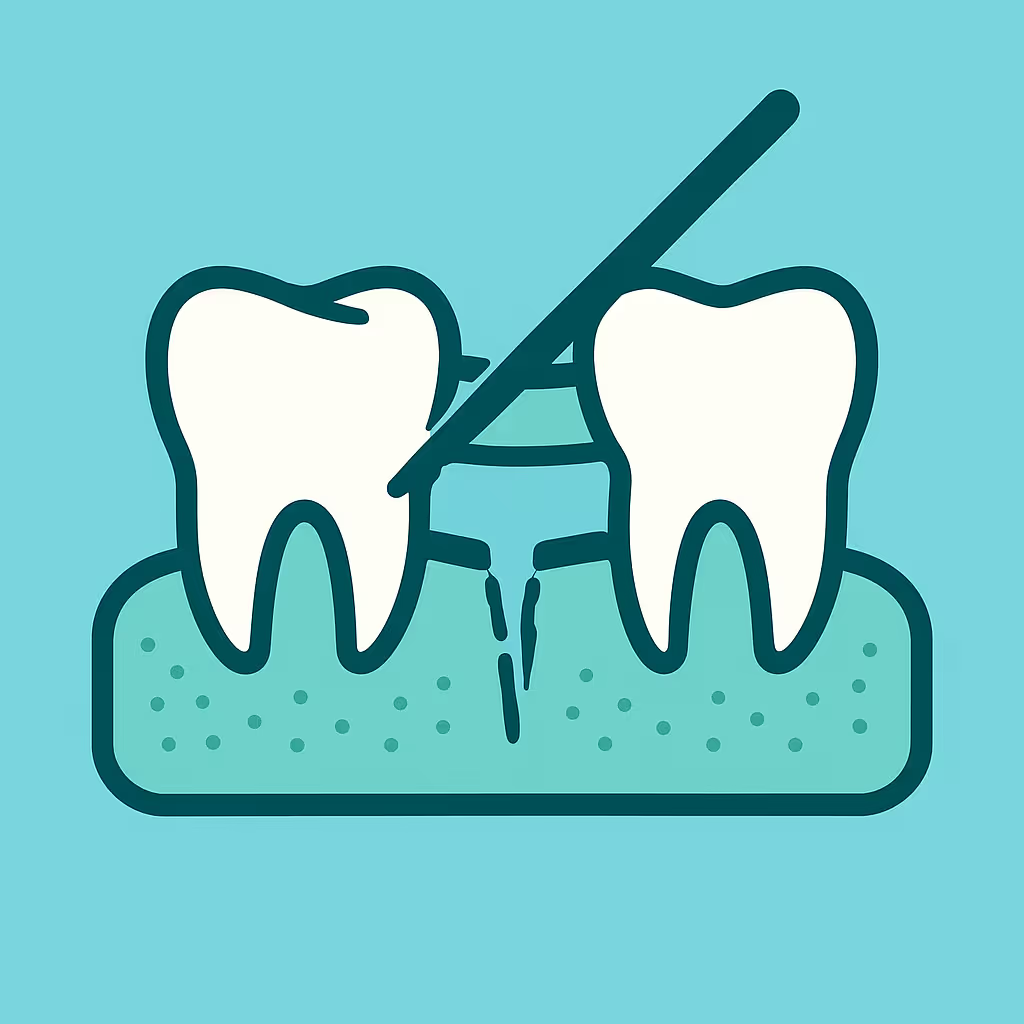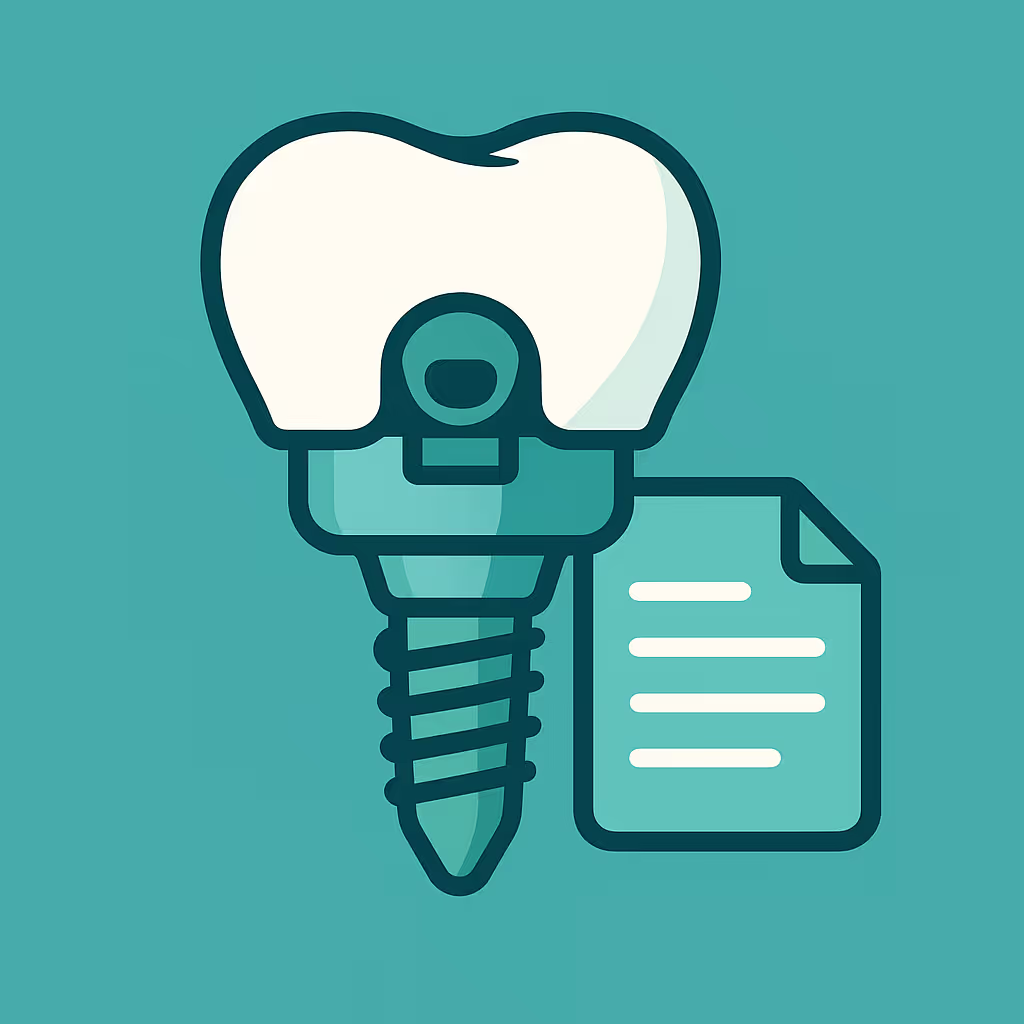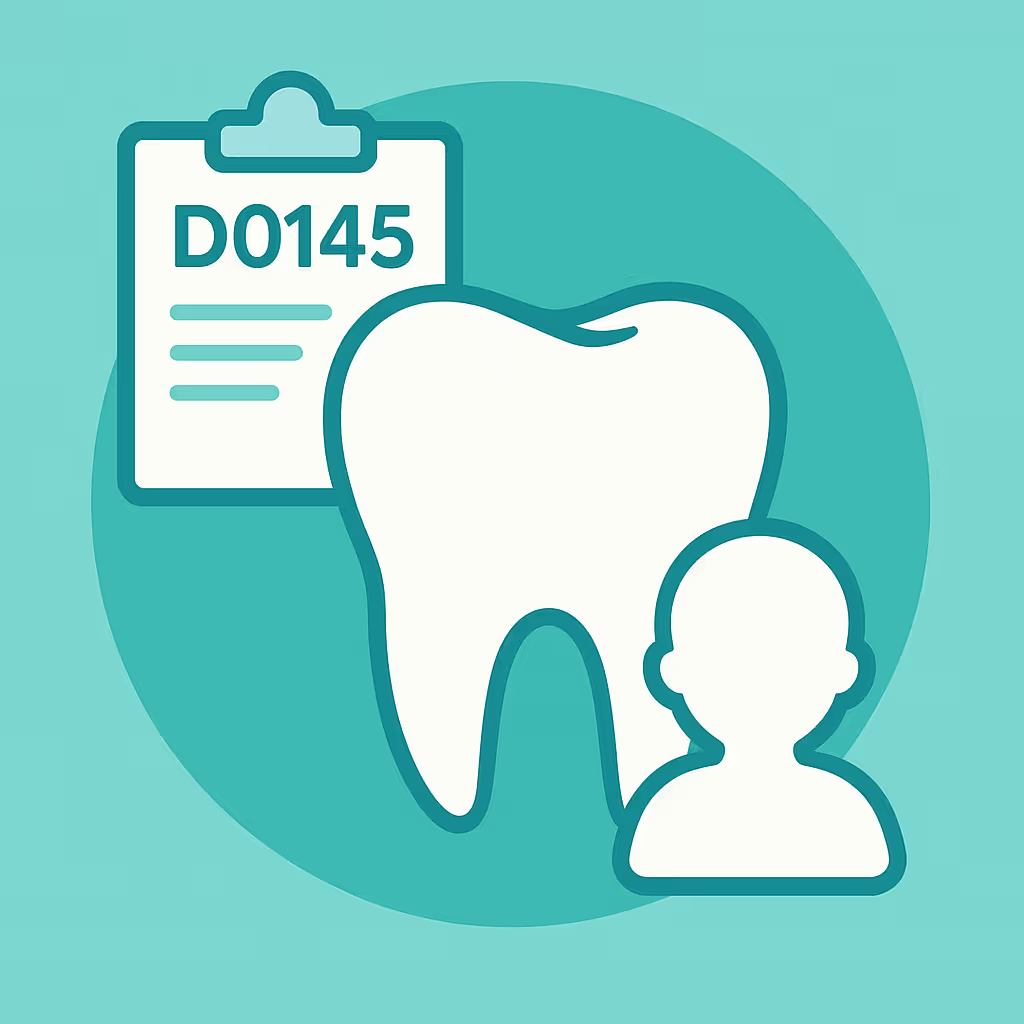Understanding Dental Code D5810
When to Use D5810 dental code
The D5810 dental code is designated for an interim complete denture (maxillary). This CDT code is used when a patient requires a temporary, full upper denture as part of a staged treatment plan. Typically, D5810 is appropriate when immediate prosthetic restoration is needed after extractions, but before the final, definitive denture is fabricated. This code should not be used for permanent dentures or partials, and it is distinct from codes for interim mandibular dentures or definitive prostheses. Always confirm that the clinical situation matches the intent of the code: a temporary, full upper denture meant to restore function and esthetics during the healing or transition phase.
Documentation and Clinical Scenarios
Accurate documentation is essential for successful billing of D5810. Your clinical notes should clearly state the reason for the interim denture, such as healing after extractions, pending implant placement, or other transitional needs. Include the following in your documentation:
- Detailed narrative explaining why an interim (not definitive) denture is required
- Charting of extractions or other relevant procedures
- Planned timeline for the final prosthesis
- Photos or radiographs, if available, to support the need
Common clinical scenarios include full-mouth extractions due to advanced caries or periodontal disease, or when a patient is transitioning to implant-supported dentures and needs a temporary solution during osseointegration.
Insurance Billing Tips
Billing for D5810 requires attention to detail to avoid denials or delays. Here are proven best practices:
- Verify benefits: Before treatment, check with the patient’s insurance to confirm coverage for interim dentures. Many plans limit frequency or require specific documentation.
- Submit a detailed narrative: Attach a clear explanation with your claim, outlining the medical necessity for an interim denture and the plan for a definitive prosthesis.
- Use supporting codes: If extractions or related procedures were performed, include those CDT codes on the same claim for context.
- Track EOBs and AR: Monitor Explanation of Benefits (EOBs) closely and follow up promptly on any denials. If denied, prepare a claim appeal with additional documentation and a letter of medical necessity.
- Know related codes: For interim mandibular dentures, use D5811. For definitive complete dentures, refer to D5110 or D5120.
Example Case for D5810
Consider a patient who presents with non-restorable teeth in the upper arch due to severe periodontal disease. The treatment plan includes full-mouth extractions followed by healing and eventual placement of a permanent denture. Immediately after extractions, an interim complete maxillary denture is fabricated and delivered to restore function and esthetics during the healing period. The office bills D5810, providing a thorough narrative and supporting documentation. Insurance initially denies the claim, citing lack of necessity. The office submits an appeal with additional clinical photos and a timeline for the final prosthesis. The claim is then approved, and payment is received, illustrating the importance of robust documentation and proactive follow-up in dental billing workflows.





